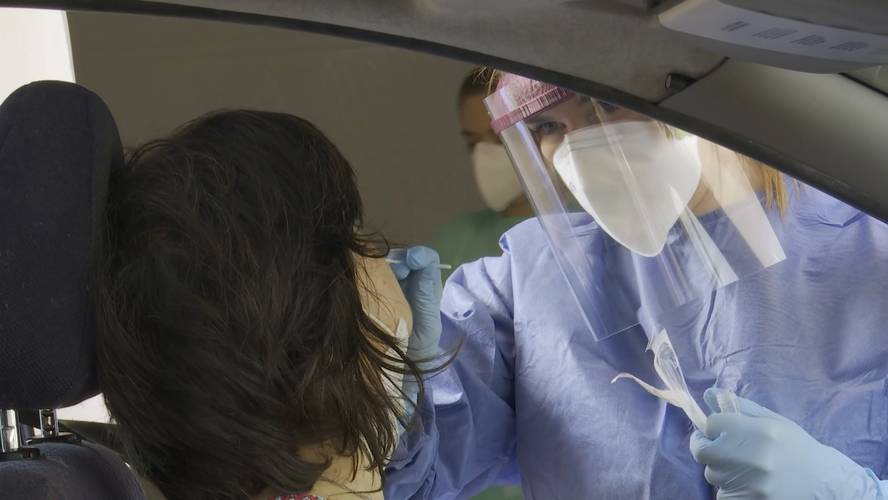Tests are not gold key
Posted in Berria on 22 April 2020
It is not possible in other squares, and in social networks meet (we are) experts, opinion makers, curious and entertaining. In these cases, the information is confused with beliefs and lies, so it is advisable to remove it temporarily from the whirlpool and look at it from the outside. So I looked at the phrase that would otherwise go unnoticed: "Science has its limitations and it must be explained."
Mario Fontan Vela, a doctor specializing in preventive medicine and public health, was expelled on Twitter explaining the nullity of possible serological passports. In fact, it is quite widespread that tests and their "passports" are the golden key to getting out of confinement. According to this opinion, if a person gives positive in a test that detects antibodies, he would know that he would be immune. It would have no risk of reinfection or contagion. Therefore, he would have an immune or serological passport and would not have to take preventive measures.
This proposal raises ethical and legal issues. Among other things, not being able to perform the test to all citizens, how to choose who to do it? But it has no scientific basis. The researcher Smriti Mallapaty, in the journal Nature, insists that the capacity of the tests has been overrated and their limits are too small. Michael Busch, director of the Vitalant Institute, author of antibodies, has declared even more brutal: "It's better not to test than a bad test."
Tests are essential to know how much has spread and who has affected the pandemic. The antibody tests do not detect the virus, but some of the defenses of those infected against viruses. In fact, the immune system uses different mechanisms to overcome the infection, one being the antibodies, not all the same.
The tests that are being developed are very varied and not all are sufficiently effective and reliable. And it is that they have developed and launched very fast, since the demand is very high, but normally to validate it would have to do more tests with more people. Consequently, some of the tests used are not reliable.
But that's not all. It is not yet clear whether all infected generate antibodies. The study of 175 people who quickly became ill and cured with COVID-19 has shown that ten of them did not create neutralizing antibodies.
Time must also be taken into account. In fact, antibodies do not occur immediately. Therefore, it may happen that someone who has overcome the infection will give negative, as there has not yet been enough time to create antibodies.
From the studies carried out with the monkeys it follows that the cured cannot get sick again. People think it will be so, or if they get sick they will have mild symptoms. But it is still early to confirm. And they do not know how long immunity lasts. Another question is whether antibodies (overcome and protected) are able to transmit the infection (spread to others). To have a passport, this should be an indispensable requirement. However, they cannot guarantee it either. In Germany, a study with hospitalized patients with covid-19 found that after a week, half of the patients had antibodies, although they still had viruses in the body.
It is understandable that people want answers and ask scientists for answers. The authorities have also taken over them. In view of this, it is worth remembering what physicist Jim Al-Khalili said in The Guardian: "Doubt is fundamental in science. However, for politicians it is a sign of weakness»






